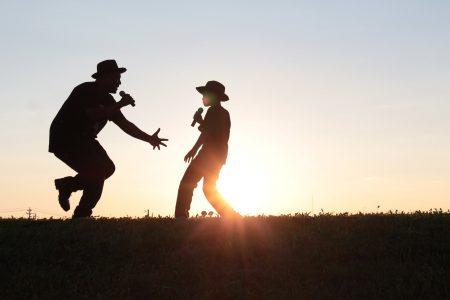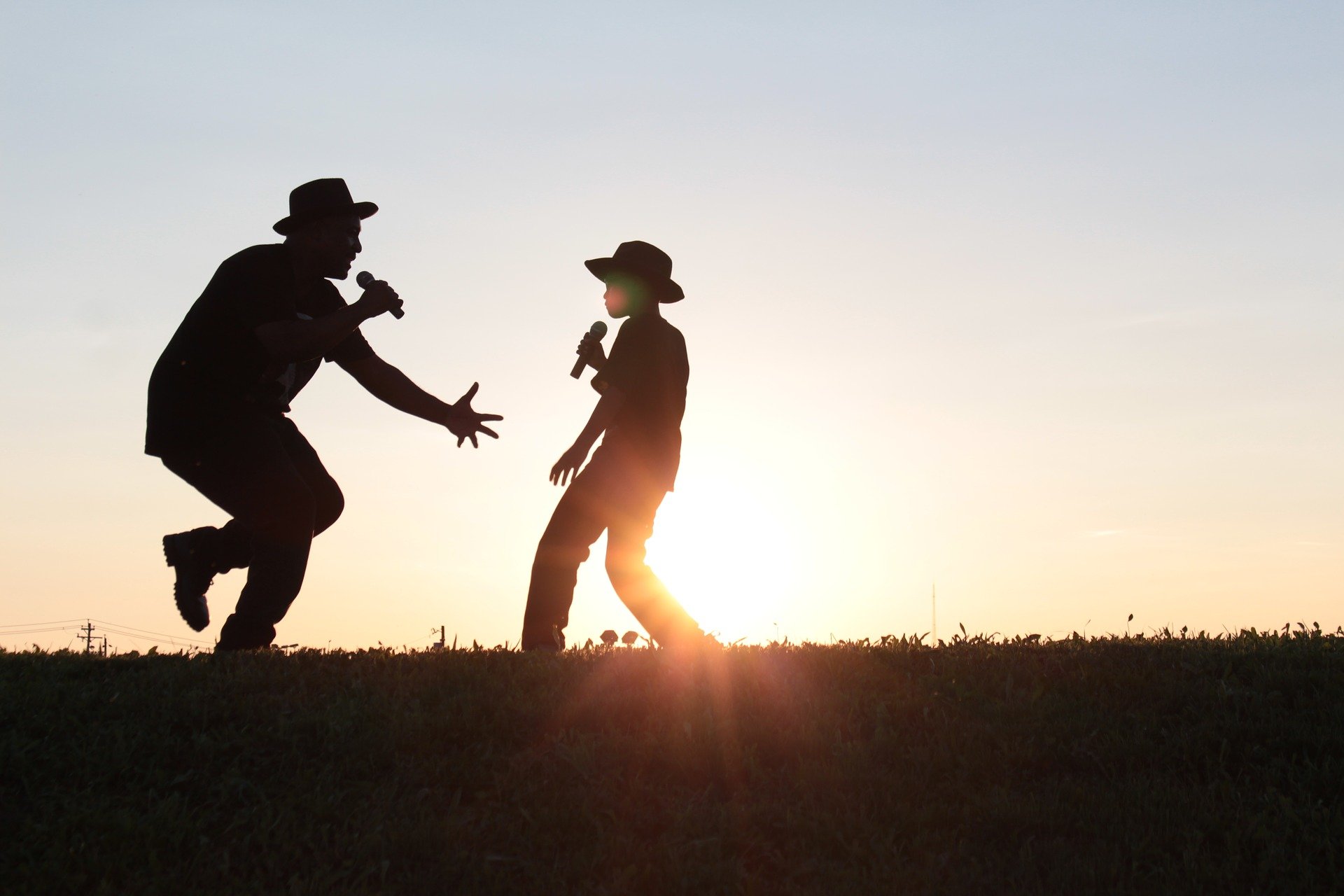
from Pixabay
April 13, 2018
Poetry workshop encourages students to find their voice
ALYSON OLIVER
campus edito
One’s voice has the power to speak their truth and share their light, published poet and English professor Darius Frasure said in his Voices of the Past: A Journey of Identity Through Poetry event for TCC students.
It was a part of Lift Every Voice, an initiative centered on sharing and encouraging students to engage with African American poetry.
Frasure shared his poems and several other works by Black poets and encouraged attendees to find their own voices. He opened with his “Ode to Hip Hop.”
“‘Poetry has gone through the stages of purity, oppression, expression, is now undergoing transformation through a spiritual reformation,’” he read. “‘Poetry in the eyes of the sublime has become a forgotten medium of expression.’”
Even when he was not reading, his words would occasionally pour out to a rhythm.
“I believe my poetry is how I connect with myself and with others,” Frasure said when an attendee asked what his poetry means to him.
Next, he picked up the book “African American Poetry: 250 Years of Struggle and Song.” He described it as an anthology and a collection of voices. Before reading, he asked the audience to think about where they find their own voices, power and identity.
He paused, took a breath and then began reading “We Wear the Mask” by Paul Lawrence Dunbar.
Afterward, he encouraged the audience to examine how the poem made them feel, to take off their own masks and to find their own voices through music, art or any other passions.
Frasure also sang James Wheldon Johnson’s “The Black National Anthem” to show how the melody of the song added an extra layer of meaning.
When an attendee asked him what he feels when he reads poetry, Frasure said there is a disconnect at first. He has to make a transition to convey what the narrator intended. He uses the punctuation and the rhythm of the words as a guide.
He read works by Countee Cullen and Langston Hughes to demonstrate this.
beyond the words,” Frasure said. “The words are just a way of getting there, right?”
Near the end of the event, he introduced his book “Of Stone and Rope” and read another original poem.
“‘We are yet a broken people,’” he read. “‘That’s why our poets don’t recite lines, they spit pieces. And you don’t hear their words, you gotta feel them.’”
He wrapped up the workshop by answering a couple of audience questions.
One attendee asked him to explain who “Amethyst Rocks” by Saul Williams, one of the poems Frasure read, was addressing. He described it as a critique of people in positions of power.
Another attendee asked him to explain more about voice and its properties. Frasure reiterated that one’s voice has the power to speak their truth, and they can find it through silence or by taking off their mask.
“Pursue joy, pursue peace,” he said in closing. “Use those as guiding posts for you.”
After the event, Tracey Robinson, assistant director of SE library services and program coordinator, said she hopes students will explore poetry outside the classroom because of Lift Every Voice.
TCC library offers a variety of poetry to choose from.
“Poetry can be a vibrant and emotional experience when you find poems that resonate with you,” she said.

